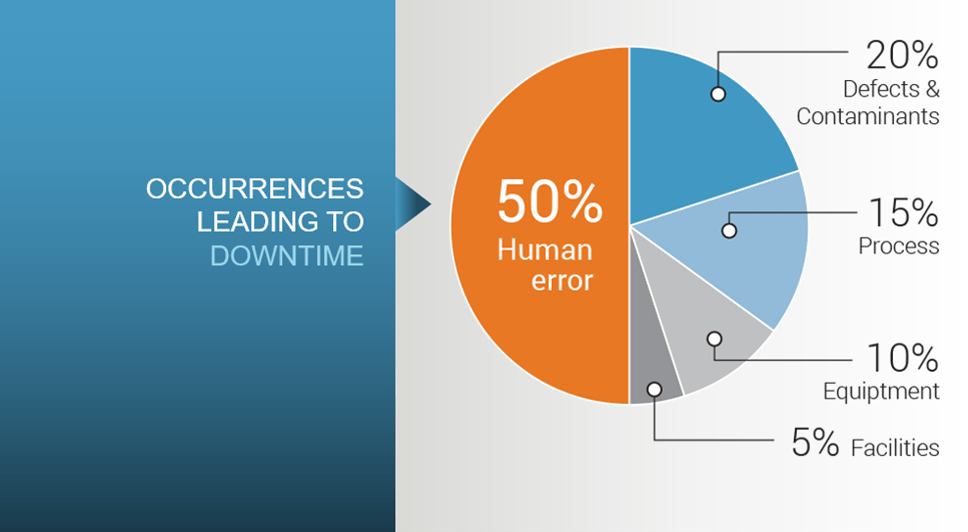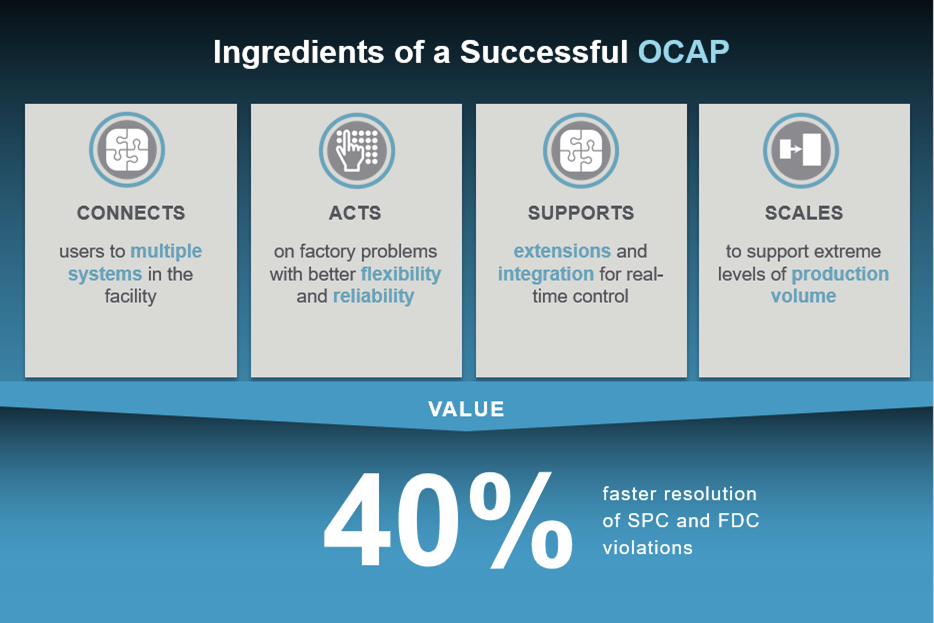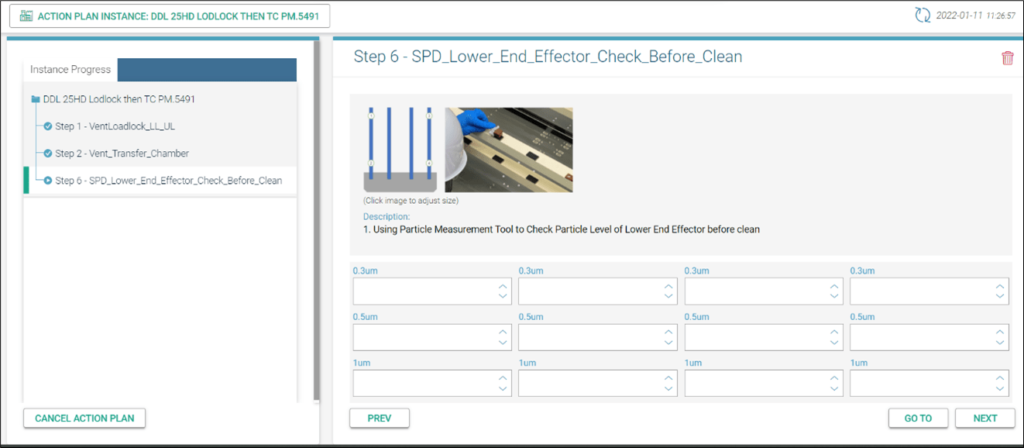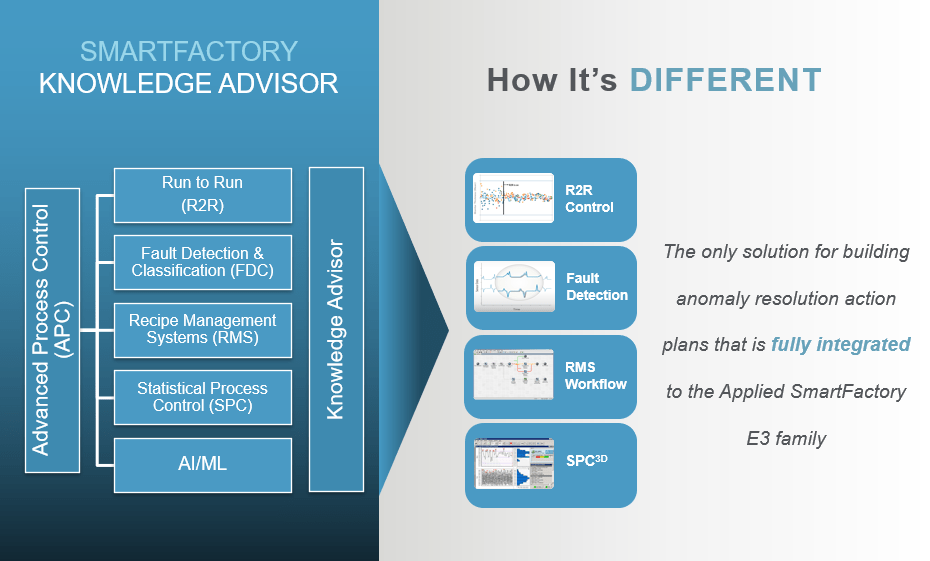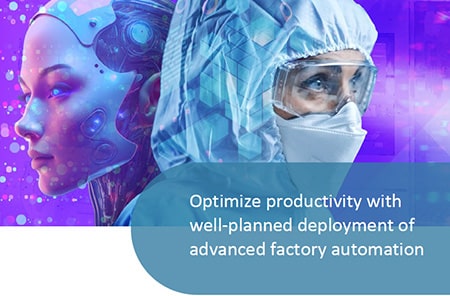Did you know that human error is responsible for nearly 50% of the scrap in a factory (see Figure 1)? Automating out-of-control action plans (OCAPs) represents a significant opportunity for return on investment.
An OCAP is the plan engineers follow to understand and correct defects on a process or production tool. For example, if a statistical process goes out of control, the processing on the associated tool stops, allowing engineers to perform a series of tasks to bring the tool back online as quickly as possible.
Data Availability, Accessibility and Completeness
But not all tasks are readily available or distributed to engineers equally, and no single parametric dataset from a process provides a complete picture of sources of variation. Data used for control plans often resides in different components, such as SPC or FDC, with their own integration methods and data structure models. In some cases, data does not exist, is incomplete or is being manually maintained on someone’s laptop. Also, correctly performing recovery tasks requires an engineer to have an appropriate plan, read and understand the steps, and then execute those steps properly.
The Value of a Cohesive Approach
Today’s fabs need a more cohesive approach—one that governs information sets and extends the automation intelligence of facilities. Figure 2 outlines the requirements of such an approach and highlights the value of implementing an OCAP solution with the proper capabilities.
An Integrated Workflow for Reducing Variability
To implement these ingredients for a successful OCAP and extend the automation intelligence in your factory, SmartFactory Knowledge Advisor provides an integrated workflow engine that—
- Embeds AI functions, such as context pattern matching (CPM) and data patterns, within the workflow to help guide users
- Enables users to build action plans for resolving anomalies
- Guides users to error resolution by providing workflow details with an intuitive user interface experience (see Figure 3 as an example)
- Reduces human variability related to incorrect interpretation of cause and effect
- Manages action trails to identify previous troubleshooting activities
How Is Knowledge Advisor Different?
Many third party or inhouse OCAP solutions lack the “automation hooks” required for a multiple discipline approach. For example, they may only work with SPC and lack the capabilities for collecting data from other systems to help with troubleshooting anomalies.
However, Knowledge Advisor accommodates data from any of the Applied E3® solutions, including advanced process control (APC), SPC, FDC and recipe management (RM). As shown in Figure 4, the solution harnesses the full functionality of Applied E3, facilitating data collection from various sources and AI functions.
Conclusion
In today’s fabs, human error accounts for the largest source of scrap and downtime. The cost of automation must be considered against the cost of recovery and scrap. Therefore, the key is gauging what level of automation is appropriate to maintain competitive margins and investment for future growth. Knowledge Advisor is designed to provide cost effective flexibility to customers. With its integration and accurate decision-making capabilities, Knowledge Advisor enables users to be more effective resolving equipment and process failures. Key results include reduced repeat violations and false resolutions, improved audit compliance, standardized error handling activities and AI capabilities to reduce signal to noise management.
Our SmartFactory automation solutions have served the semiconductor industry for over 30 years and have been hardened with best-in-class know-how in all aspects of a semiconductor factory.
Ready to contact with us to learn more about SmartFactory Knowledge Advisor or other solutions?

